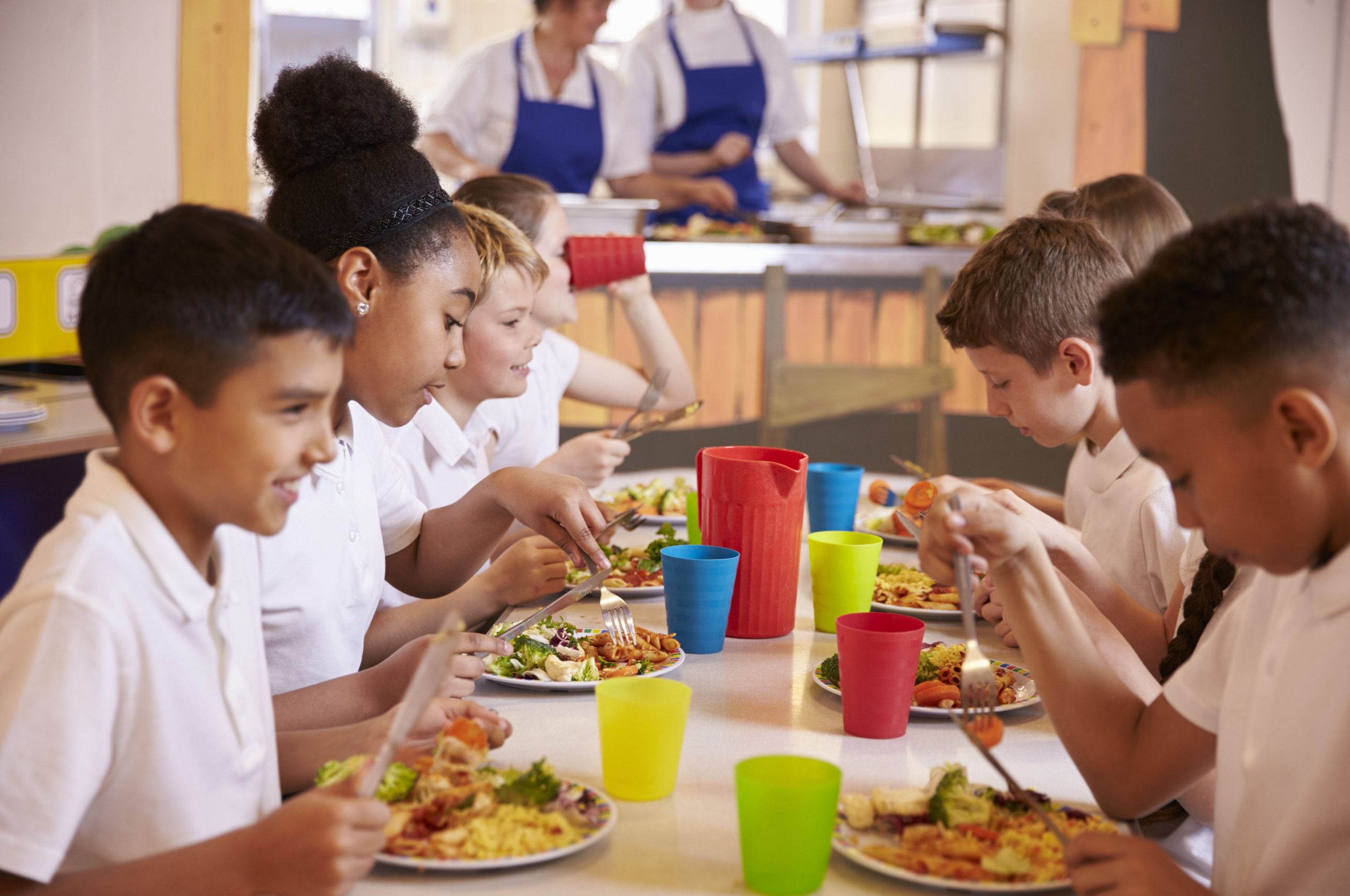Cooking and gardening behaviors and improvements in dietary intake in Hispanic/Latino youth
Although school gardening interventions normally have cooking and gardening components, this 2019 study tries to address the limited evidence available on the relationships between cooking and gardening psychosocial behaviors (such as attitudes, self-efficacy, and motivation), dietary consumption, and obesity. Landry et al. extracted data from an intervention study (LA Sprouts), which rolled out a randomized controlled cooking and gardening intervention for 12 weeks in four elementary schools in Los Angeles (USA). The purpose was to examine the association between cooking and gardening behaviors with obesity and dietary consumption among the school kids. These students came from low-income backgrounds and were mostly Latino or Hispanic. The participants were randomized to either take part in the LA Sprouts intervention or be assigned to the control group. Increased cooking behaviors significantly predicted increases in vegetable and dietary fiber intake. More fiber consumption was also predicted by extra modifications in gardening behaviors. This study supports the inclusion of cooking and gardening components in school-based interventions, despite the potentially higher costs and increased use of time and resources. These cooking and gardening behaviors may play a role in improving the diets of high-risk minority youth. [NPID: Latino, Hispanic, gardening, school, intervention, cooking, behaviors, diet, nutrition, Los Angeles, LA, USA, US, elementary school, obesity, child obesity, low income, vegetables, eating veg, eating vegetables, eating fiber, fiber]
Year: 2019
 Navigation
Navigation






